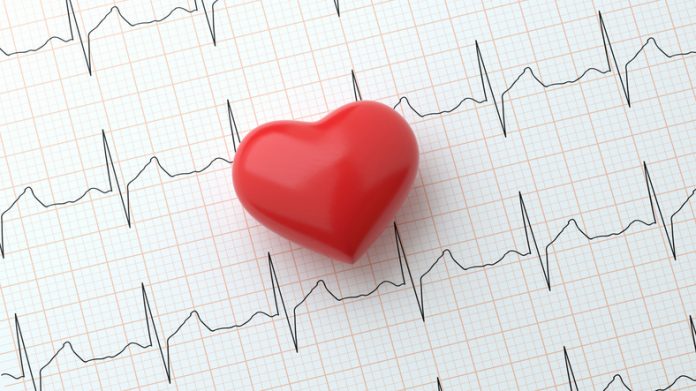A comprehensive nationwide survey sponsored by leading health promotion charity hearts4heart has revealed alarming gaps in atrial fibrillation awareness among Australian adults, prompting urgent calls from clinicians, politicians, patients, and carers, for heightened education and awareness campaigns to tackle this critical issue head-on.
Findings from the survey revealed that 1-in-3 Australians (approx. 6.7 million) were completely unaware of atrial fibrillation, a condition that affects an estimated half a million Australians. Alarmingly, as many as 30 percent of those living with the condition remain undiagnosed.
“Knowledge gaps like these are concerning and highlight the urgent need for increased awareness and education about atrial fibrillation and its symptoms,” said Tanya Hall, CEO, and Founder of hearts4heart, who also lives with the condition.
“Early detection and awareness play a pivotal role in managing atrial fibrillation effectively and improving the quality of life for those affected,” Ms Hall said.
Atrial fibrillation is a heart condition where the upper chambers of the heart beat rapidly and irregularly. This can affect the heart’s ability to efficiently pump blood throughout the body.7
Affecting more than 1 in 4 Australians aged 55 and over, atrial fibrillation is responsible for 1-in-4 strokes6 and can lead to other life-threatening health complications when left untreated, including heart failure and dementia,5 which is why awareness is so important.
“The urgent need to bridge the knowledge gap and promote early detection is more critical than ever for the health and wellbeing of the Australian population,” said Maria Vamvakinou MP, Co-chair of Parliamentary Friends of Heart, and Stroke Foundations.
Associated with a three-fold increase in the risk of heart failure and a seven-fold higher risk in life-threatening stroke, atrial fibrillation is the leading cause of cardiovascular hospitalisations, resulting in a direct annual healthcare cost of approximately $1.63 billion.11
“With early diagnosis, treatment and lifestyle changes, a person with atrial fibrillation can reduce their risk of hospitalisation and stroke and improve their quality of life, which is why awareness is so important,” said Dr Adrian Elliott, a leader in the field of cardiac arrhythmias and lecturer at the Centre for Heart Rhythm Disorders.
“If you’re over 65, or experiencing any symptoms, speak with your GP and get your heart checked,” Dr Elliott said.
Having recently recovered from a stroke caused by atrial fibrillation, Mr. Les Botha agrees, and is keen to see more Australians speaking with their GPs about their heart health.
“Get it checked. If I had known about atrial fibrillation earlier, this stroke may have been prevented,” Mr Botha said.
Mr Peter Grady and Jim Micholos have also experienced life-threatening health complications after not recognising (or knowing) the signs of atrial fibrillation.
“Regardless of how many symptoms you experience and how mild it can be, go immediately to your GP and get a proper diagnosis,” said Mr Grady, who had an atrial fibrillation related heart attack.
Mr Micholos agreed. “Even if you have an inkling that something is wrong with your heart, go speak to your doctor. There is nothing worse than not asking questions and the best place to start is your GP.”
This Atrial Fibrillation Awareness Week September 19-25, Hearts4Heart is urging Australians to learn to recognise atrial fibrillation symptoms and speak with their GP about getting their heart checked for an irregular heartbeat.
“If you’ve experienced a rapid heartbeat or palpitations, dizziness, unexplained tiredness, shortness of breath, fainting, swelling of the ankles or chest pain, speak with your GP. It may save your life,” said Ms Hall.









